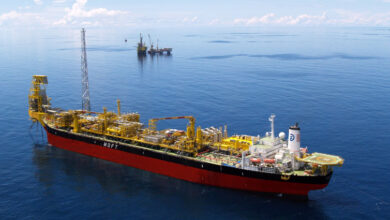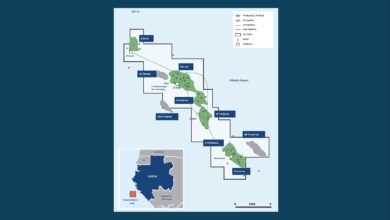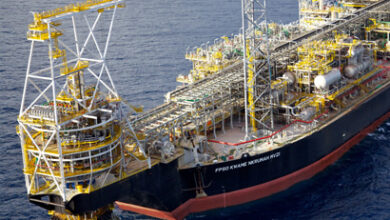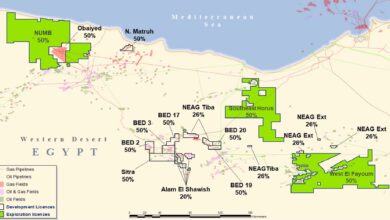Wood launches next phase of industry collaboration into subsea equipment reliability
Wood has announced the next phase of a collaborative industry effort to develop a better understanding of the reliability of subsea equipment for use offshore Australia.
The company is leading the Subsea Equipment Australian Reliability Joint Industry Project (SEAR JIP), an initiative supported by a group of operators including Chevron Australia, ConocoPhillips, Quadrant and Woodside.
The project is focused on collaboration and knowledge sharing in order to improve subsea equipment design and reduce the requirement for costly and time-consuming interventions in Australia’s challenging offshore warm-water environment.
This latest phase of the SEAR JIP will:
- Continue the collaboration effort across a large group of Australian subsea system operators;
- Continue to collect reliability data for subsea equipment in Australian operations;
- Expand a marine fouling subsea test program, with a focus on deploying additional living laboratories in Northern Australia to assess innovative coatings, materials and technologies for their performance against calcareous deposition and plant/animal growth;
- Establish marine fouling cleaning best practice and identify optimization opportunities to improve the effectiveness of existing practices; and
- Evaluate the performance of umbilicals and identify best practice remediation strategies.
Bob MacDonald, CEO of Wood’s Specialist Technical Solutions business, said, “We have been leading the SEAR JIP since 2014, partnering closely with Australian subsea system operators to deliver what we are confident will create a tangible step-change in subsea reliability.
“The powerful combination of Wood and the collaborating companies’ knowledge and expertise enables the development of innovative solutions to address the challenges we collectively face.”
Adriana Botto, Wood’s Project Manager for the SEAR JIP, added, “Enhancing the design of subsea equipment to mitigate issues and reduce the requirement for intervention was a key focus in the initial phases of the SEAR JIP. Through our collaborative work we have taken significant strides forward in identifying the root cause of equipment performance issues, so that they can be designed out by vendors in the future.
“This phase of the project will build on our work to date, with a key focus on improving understanding of subsea equipment reliability issues. The long-term value of the project will be a step-change in industry practice and performance, with lessons learned shared across operators, vendors and research institutions.”




